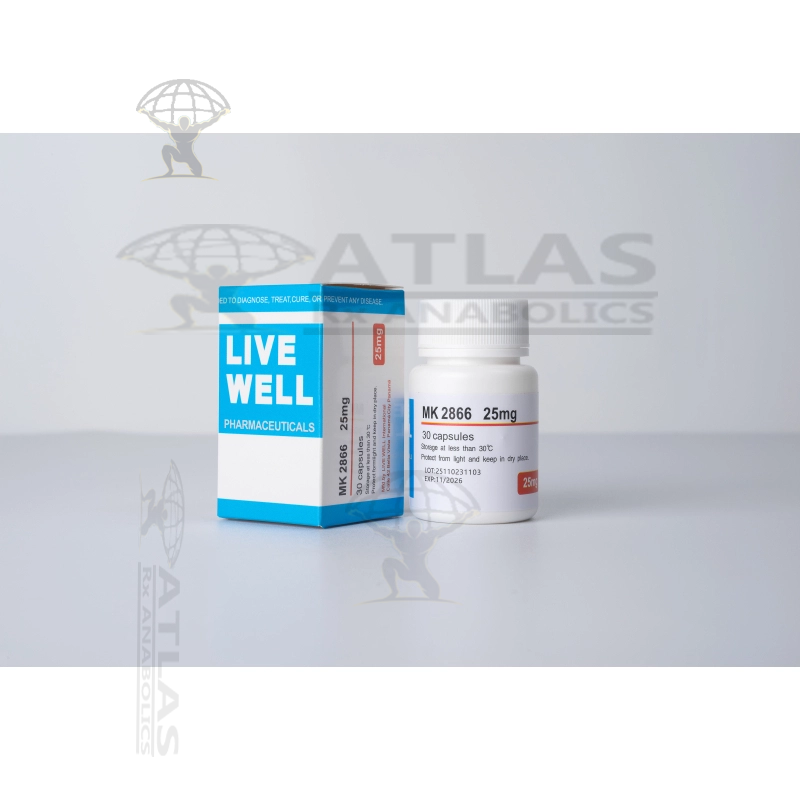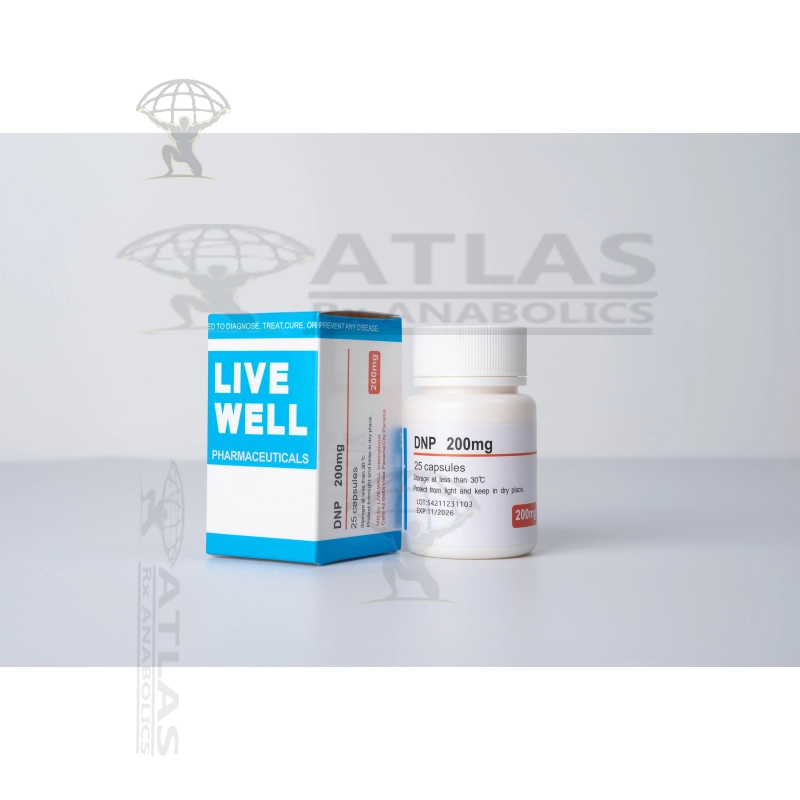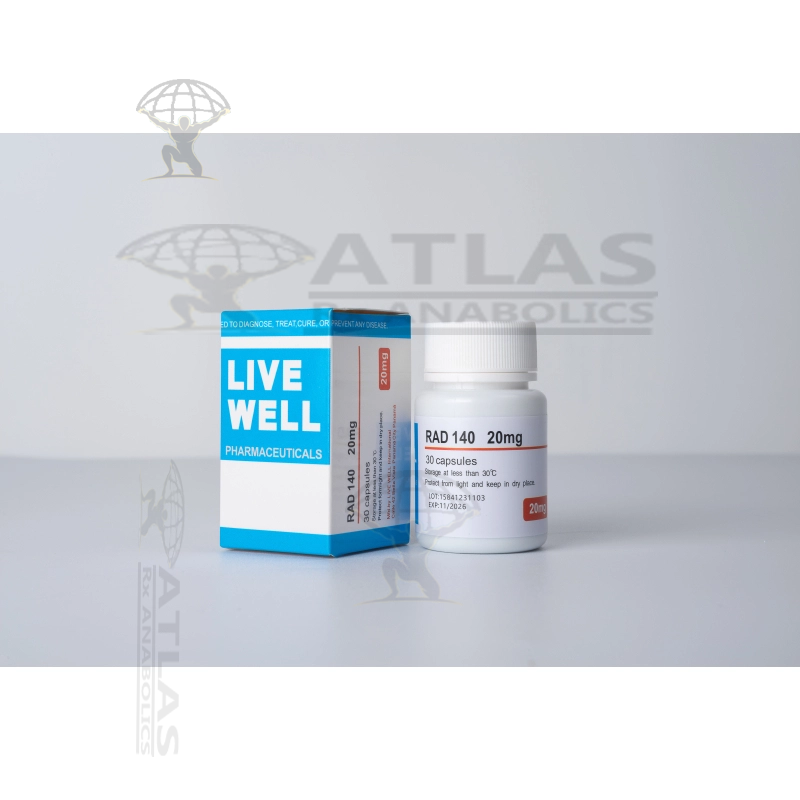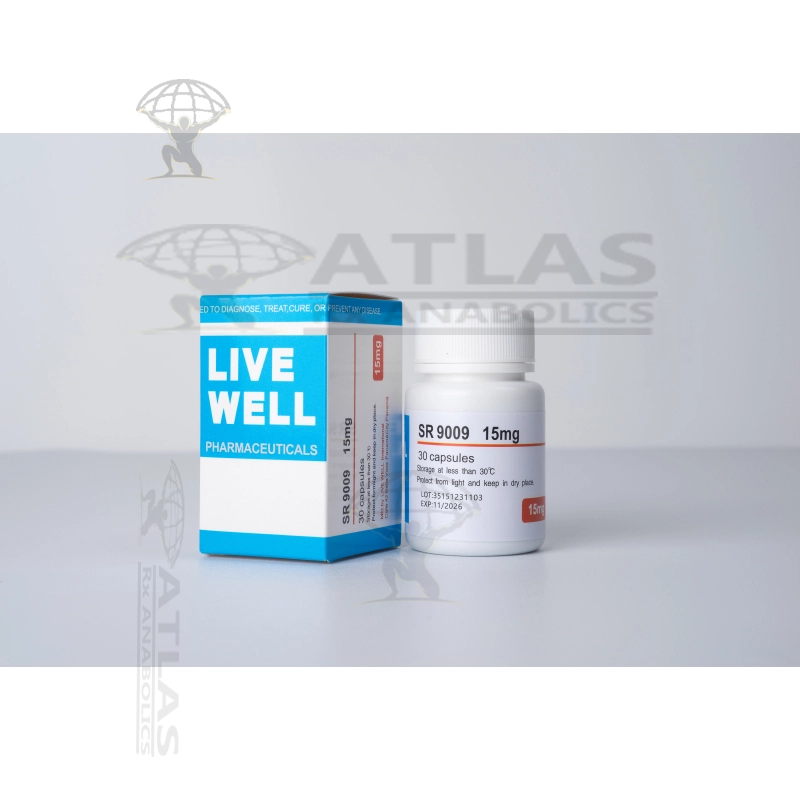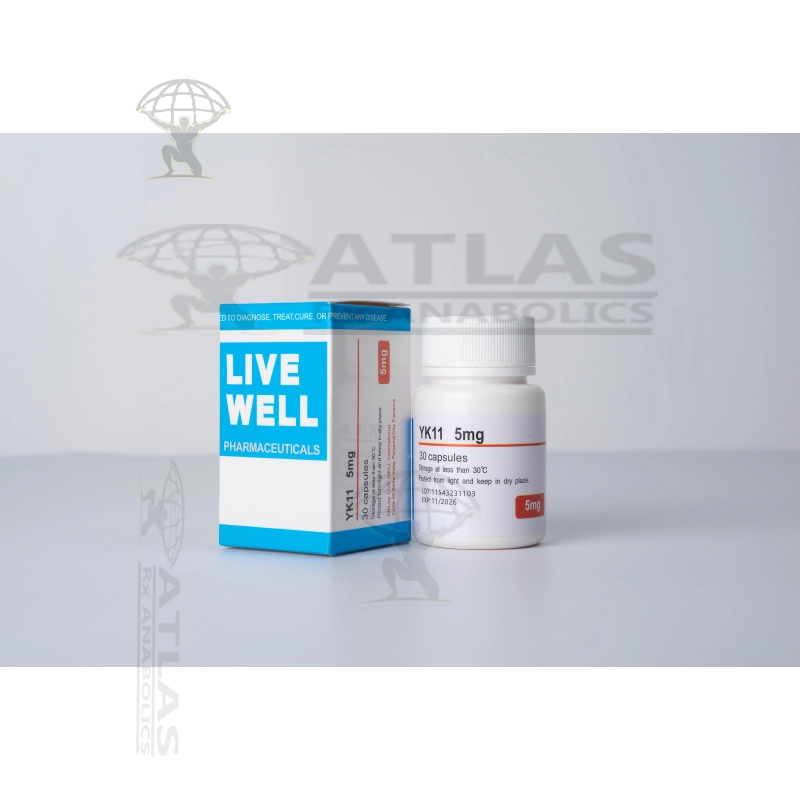Description for MOTs- c
**MOTs-C Peptides: A Detailed Description**
MOTs-C (Mitochondrial Open Reading Frame of the 12S rRNA Type-C) peptides are a newly discovered class of small signaling molecules that have gained significant attention in the field of aging and longevity research. These peptides are derived from a specific region of the mitochondrial genome and have shown promising effects on various aspects of health and lifespan.
Mitochondria, often referred to as the "powerhouses" of cells, are responsible for generating energy in the form of adenosine triphosphate (ATP). As we age, mitochondrial function tends to decline, leading to a decrease in energy production and an increase in oxidative stress. This decline in mitochondrial function has been linked to various age-related diseases and the overall aging process.
MOTs-C peptides are believed to play a crucial role in maintaining mitochondrial health and function. Research has shown that these peptides can help improve mitochondrial respiration, enhance ATP production, and reduce oxidative stress. By doing so, MOTs-C peptides may have the potential to slow down the aging process and promote overall health and longevity.
Studies conducted on animal models and human cells have demonstrated several beneficial effects of MOTs-C peptides. One of the key findings is their ability to activate AMP-activated protein kinase (AMPK), a cellular energy sensor that regulates metabolism and promotes cellular homeostasis. Activation of AMPK has been associated with various health benefits, including improved insulin sensitivity, enhanced mitochondrial function, and increased lifespan.
Furthermore, MOTs-C peptides have shown anti-inflammatory properties by inhibiting the activation of nuclear factor kappa B (NF-κB), a key regulator of the inflammatory response. Chronic inflammation is a hallmark of aging and is closely linked to the development of age-related diseases such as cardiovascular disease, neurodegenerative disorders, and cancer. By reducing inflammation, MOTs-C peptides may help mitigate age-related inflammation and its associated health risks.
In addition to their effects on energy production and inflammation, MOTs-C peptides have been shown to enhance cellular stress resistance. They can activate cellular pathways involved in stress response, such as the NRF2 (nuclear factor erythroid 2-related factor 2) pathway, which plays a crucial role in antioxidant defense and detoxification. By activating these pathways, MOTs-C peptides may help protect cells from oxidative damage and enhance their ability to cope with stressors.
Although research on MOTs-C peptides is still in its early stages, the potential implications for human health and aging are exciting. Further studies are needed to fully understand the mechanisms of action, optimal dosage, and potential side effects of these peptides. However, the preliminary findings suggest that MOTs-C peptides hold promise as a potential therapeutic intervention for age-related diseases and the promotion of healthy aging.
It is important to note that MOTs-C peptides are currently being investigated in preclinical and early clinical trials, and they are not yet widely available as approved treatments. As with any emerging therapy, it is essential to exercise caution and consult with healthcare professionals before considering the use of MOTs-C peptides.
Based on 0 review(s)
Shipping Cost
On all orders is set at $25.00
Secure checkout
Protected by Bitcoin
Offer & gift here
On all huge orders



